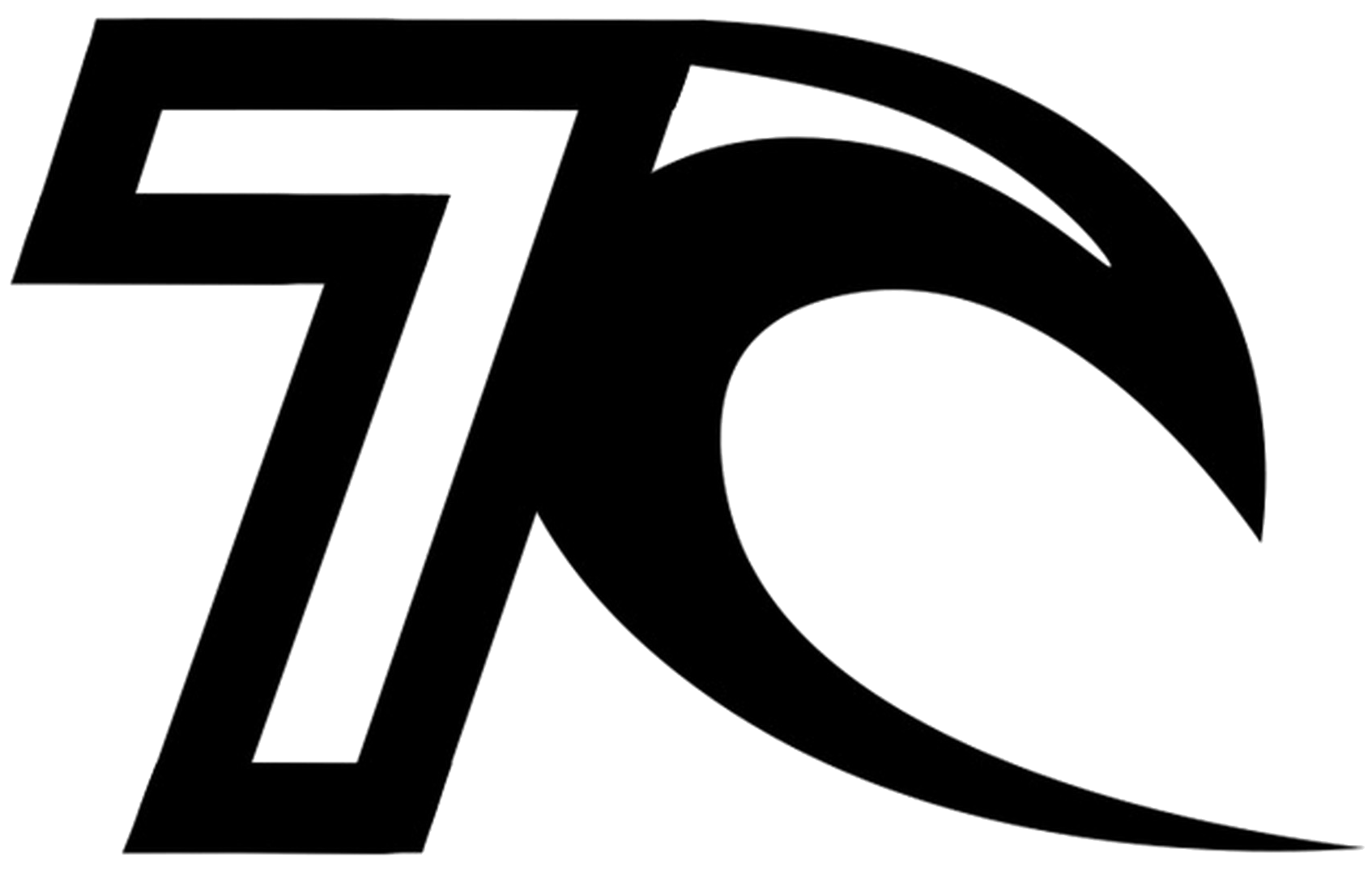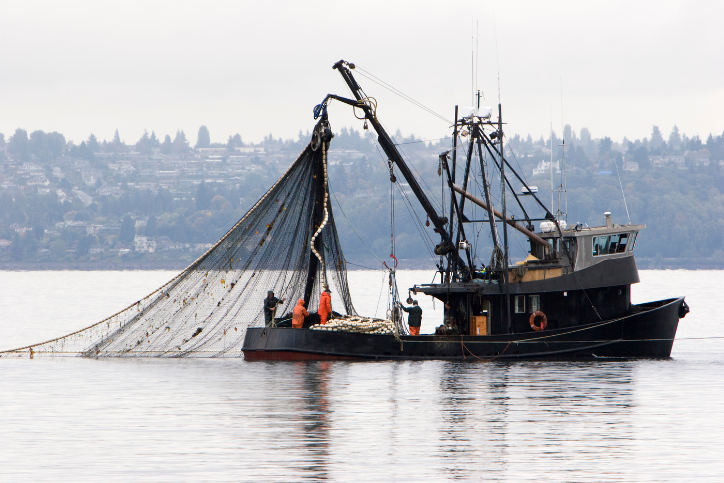In Austria people eat eight kilos of fish per year. Because Fish is very healthy. And after all, there are various cachets for fishing, which let us buy fish without guilty conscienceness.
Unfortunately, it’s not quite like that. Although there are various quality cachets for fish that are intended to guarantee a certain sustainability, a little mindfulness when buying is unfortunately appropriate.
Sustainable fisheries should fulfill three basic principles:
1. The fish stock is of a healthy size
No overfished stocks are fished. And the fisheries ensure that only as much fish is taken from a stock as can grow back in order not to eradicate a fish species.
2. The marine habitat is protected
Sustainable fishing does not destroy the seabed. This means that, for example, bottom trawls are not used, as they destroy the seabed sustainably.
Furthermore, the fishery does not endanger any stock by too much bycatch, such as sharks, whales, dolphins or turtles. Bycatch often accounts for up to 90% of the total catch.
3. There is effective fisheries management
You must comply with applicable laws. Compliance must be monitored, which of course is hardly possible in international waters. And they must be able to react quickly and appropriately to changing ecological conditions. For example, when the size of a fish stock decreases.
Among the best-known quality cachets are: Dolphin Safe, MSC (Marine Stewardship Council), Friend of the Sea (FOS), the AMA cachet, EU organic logo, ASC (Aquaculture Stewardship Coucil)
Dolphin Safe
+ It was established specifically for tunafishing and is awarded when fisheries comply with measures to protect dolphins.
– However, the cachet does not restrict bycatch from other fish or marine mammals, including whether tuna is overfished
– the fishing methods are unclear or not predetermined
Marine Stewardship Council (MSC)
The best-known label is the Marine Stewardship Council, short (MSC), which can be found on almost every product.
+ Founded in cooperation between WWF and food giant Unilever to make fishing more sustainable.
– bycatch is not strictly regulated
– fishing methods such as bottom trawls may also be certified
– overfished stocks with cachets may also be hunted
Friend of the Sea (FOS)
The “FOS cachet” is a cachet of quality for aquaculture and wild fish.
+ stricter rules on the exclusion of overfished species
+ stricter rules to protect the seabed ecosystem
+ Rules for compliance with a by-catch quantity of less than eight percent
+ the products come from small producers as well as traditionally practicing fish farms
- Criticism is levelled at the unsatisfactory independent controls and the general guidelines for wild trapping.
AMA cachet of Approval
+ sustainable safeguarding of water quality
+ Animal health
+ Hygiene measures
+ Guarantee of origin: The fish must be hatched, fed, pre-stretched, raised, fattened and processed in Austria
- Restriction to fish from Austria
EU organic logo
The “EU organic logo” only certifies controlled organic aquaculture and thus excludes wild catch.
+ Feeding and rearing must comply with the guidelines of the EU Organic Regulation
+ no hormones or medications such as antibiotics must be contained in the fish’s food
+ For all fish products (including processed ones) that carry the organic cachet of approval, 95 percent of all ingredients must be of ecological origin
– the occupation density of aquaculture is not regulated
Aquaculture Stewardship Coucil (ASC)
The “ASC cachet of Approval” was founded by the WWF to make fish farming more sustainable.
+ The origin of the fish feed must be transparent
+ Various social standards apply to employees of the companies
+ The water quality and crop density are predetermined
– feeding the caught fish with wild fish
– the animals receive medicines and antibiotics
– no restrictions on genetically modified feed
Result
There is currently no certificate for fish that really covers all relevant criteria. Behind each cachet are interest groups, each has its own intention.
In case of doubt, just as with meat, the use of organic products is the first and most comprehensible step towards more sustainability. Due to the overfishing of the oceans, local aquacultures are recommended, such as: Gut Dornau, Blün (Aquaponics), Biofisch (Demeter), Waldfisch.
Further purchase recommendations are given by the WWF in its fish guide. Here you can search for fish species:

